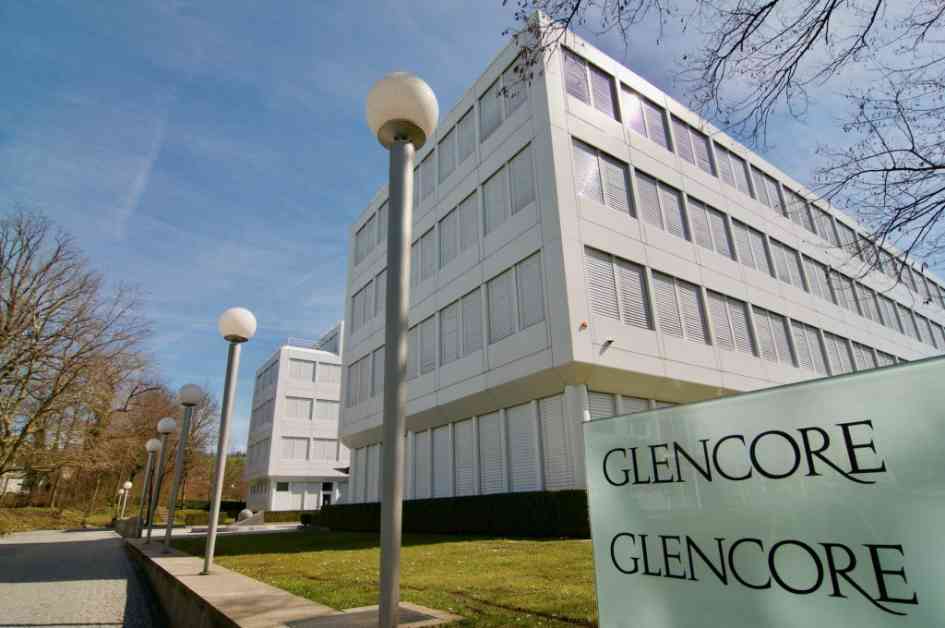Glencore, a Swiss commodity producer, originally planned to separate its coal division. However, after a shareholder survey, the company has decided to keep its coal and carbon steel business. This change in direction was announced during the presentation of the half-year figures. The company had initially intended to spin off its coal division and list it on the stock exchange. The decision to retain the coal business was influenced by ESG (Environmental, Social, and Governance) factors.
The decision to maintain involvement in the coal business comes at a time when there is increasing pressure on companies to move away from fossil fuels and towards renewable energy sources. Despite this trend, Glencore’s decision highlights the complexities and challenges faced by companies operating in the energy sector.
By choosing to continue its coal operations, Glencore is positioning itself to navigate the evolving energy landscape while also meeting the demands of its stakeholders. The company’s ability to adapt and respond to changing market dynamics will be crucial in ensuring its long-term sustainability and success.
It will be interesting to see how Glencore’s decision to stay in the coal business plays out in the coming years and how the company will balance its commitment to ESG principles with its business objectives. As the energy transition continues to unfold, companies like Glencore will need to carefully consider their strategic priorities and the impact of their operations on the environment and society.
Overall, Glencore’s continued involvement in the coal business underscores the complexities of the energy sector and the importance of balancing economic interests with environmental and social considerations. As the company moves forward, it will be essential for Glencore to adopt a forward-thinking approach that aligns with the expectations of its stakeholders and the broader market trends in the energy industry.












